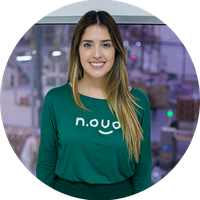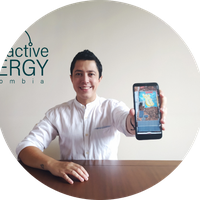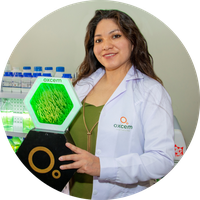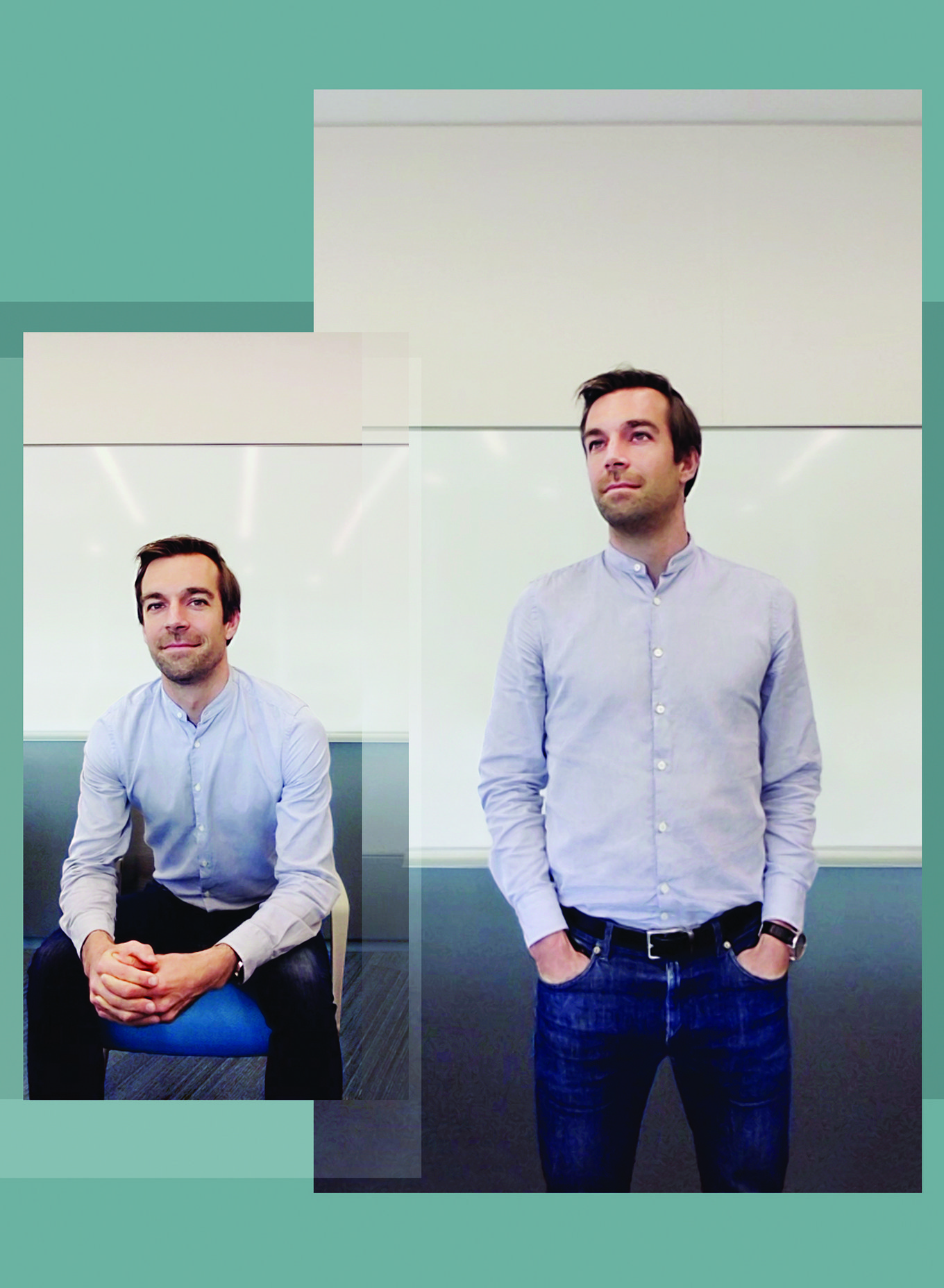Biotechnology & medicine
Andreas Puschnik
Seeking a universal treatment for viral diseases, he might leave us much better prepared for the next pandemic.

Latin America
Amanda Pinto
Her vegan egg substitutes reduce the impact of agriculture and animal product consumption.

Latin America
Juan Manuel España
Empowering electricity consumers with a platform to create clean energy systems of your own.

Latin America
Athali Castro
Takckling the climate emergency with small microalgae bioreactors that capture CO2 to convert it into oxygen.

Global
Gregory Ekchian
He invented a way to make radiation therapy for cancer safer and more effective.
